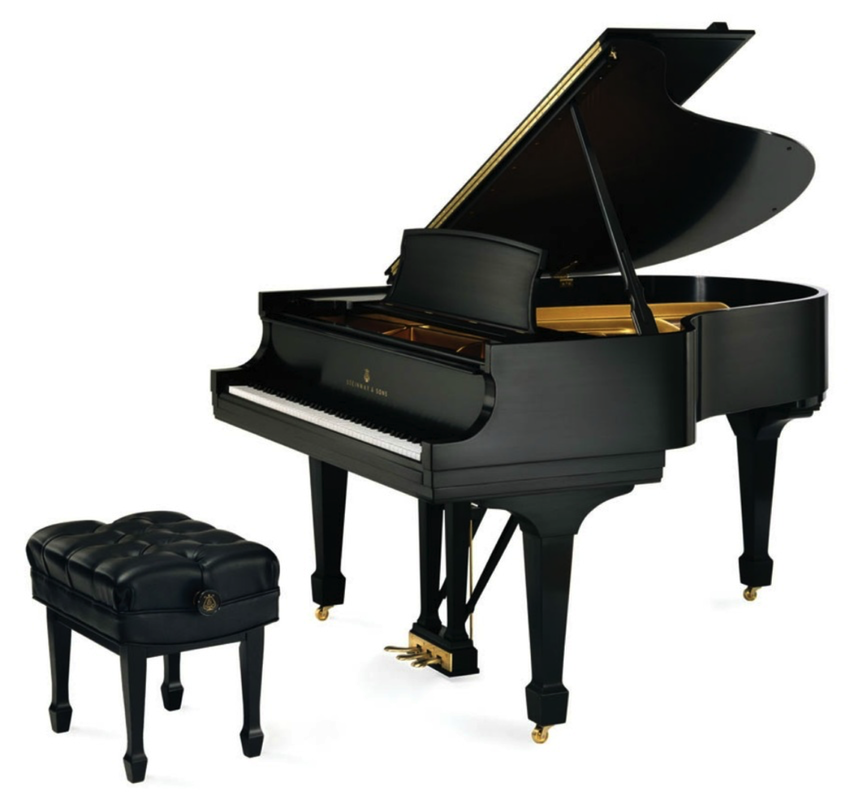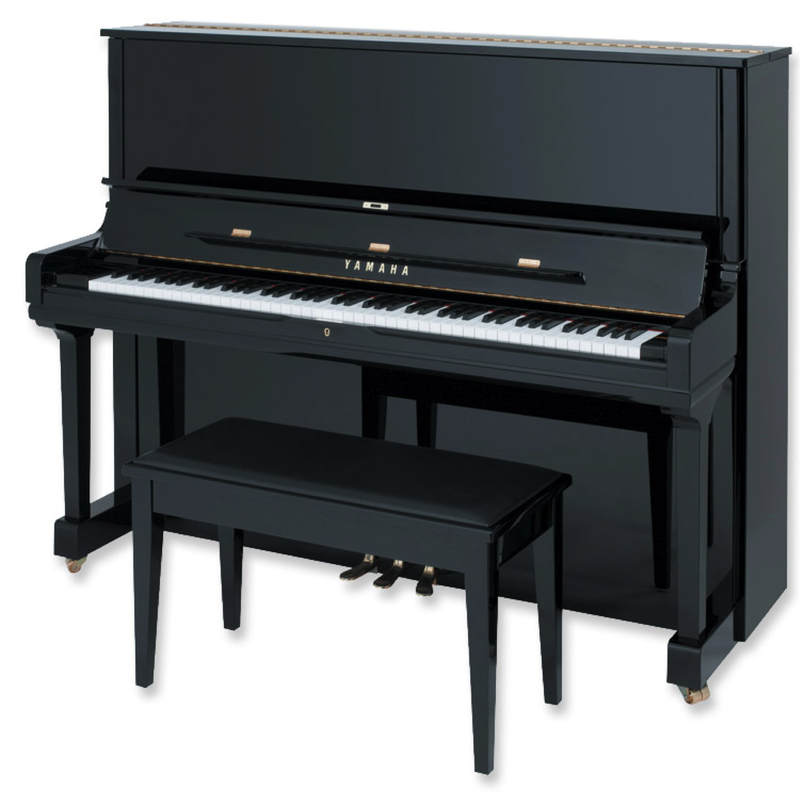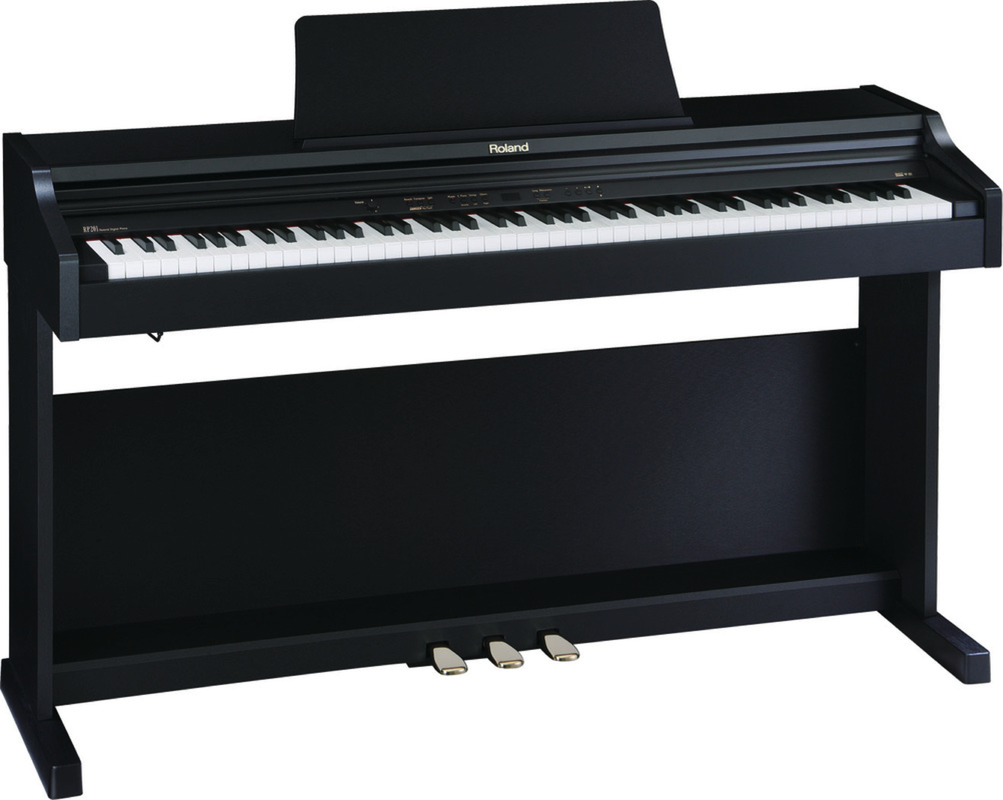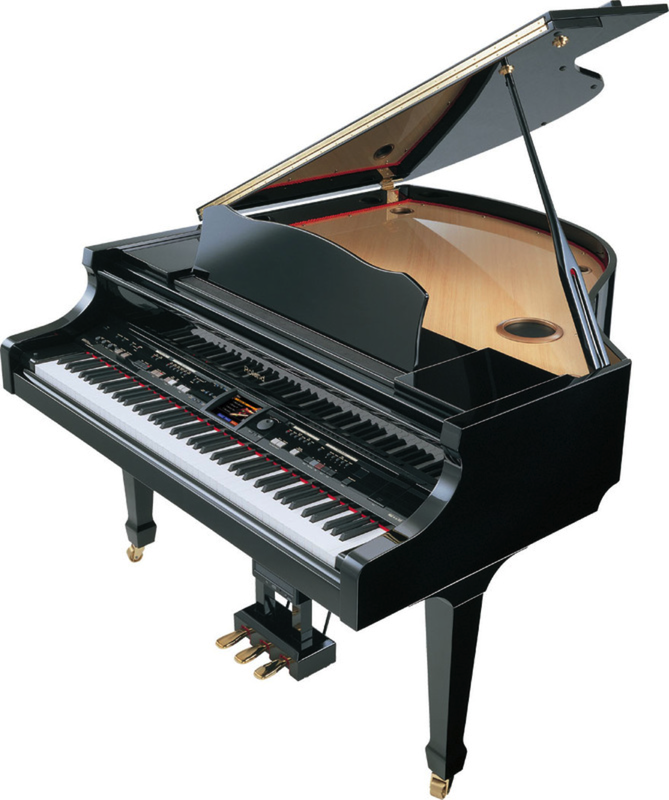|
Every piano student should feel a sense of growth and satisfaction after each practice session. The instrument that you choose may help to get you there.  Acoustic Grand Piano Acoustic Grand Piano 1. Acoustic Piano: Preferred if in great condition and regularly tuned. The weight and movement of our fingers, wrists, arms, legs, feet, shoulders, and back are all used to control and mold the sound that comes from the strings in the piano. These sounds and effects are much more noticeable and easier to develop on a good acoustic piano than on a digital piano or electric keyboard. In order for the piano practice experience to be enjoyable, an acoustic piano needs to be maintained and tuned at least twice a year. Have a professional piano technician check out any used piano you may consider buying; sometimes the cost of repairs may outweigh the value of the piano. Take time to select the piano that is best for you and your loved ones. Digital Piano2. Digital Piano: Good option depending on the quality. A digital piano may be just as good as an acoustic depending on the quality and your lifestyle. Digital pianos are low maintenance, lighter and easier to transport, and have features that may be useful - such as record and playback effects and the option to practice with headphones. The weight and resistance of the keys may also be adjusted to your preference. Look for a touch sensitive 88 key piano with pedals. An excellent digital piano is far better than a low quality acoustic piano. 3. Basic Electric Keyboard: Limited/Special Use
Most professional classical piano teachers view these keyboards as more of a toy than an instrument because it greatly limits the technique and musicality one can achieve. Misuse may even result in the development of bad habits. You can have fun and learn music theory, pieces, chords and runs on those keyboards but you would have certain things missing from your training. An aspiring classical pianist would be encouraged to get a digital or acoustic instrument in order to explore the full range of sound, tone and possibilities as a pianist. A singer who simply wants to learn some basic chords or patterns to accompany their voice may have an easier time. It all depends on the limits you are willing to set for yourself as well as your goals as a musician.
0 Comments
Your comment will be posted after it is approved.
Leave a Reply. |
AuthorJodi Ann Russell, Ed.D., M.M., B.M., N.C.T.M. brings a warm emphasis on mindfulness, relaxation, creativity and technique in personalized piano lessons and master classes Archives
July 2024
Categories |




 RSS Feed
RSS Feed